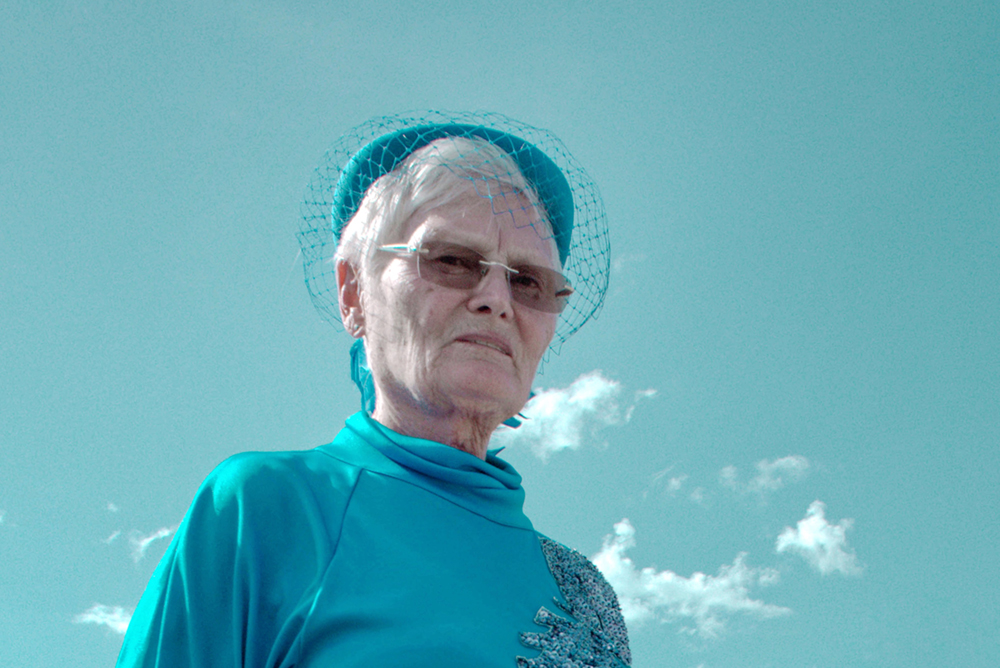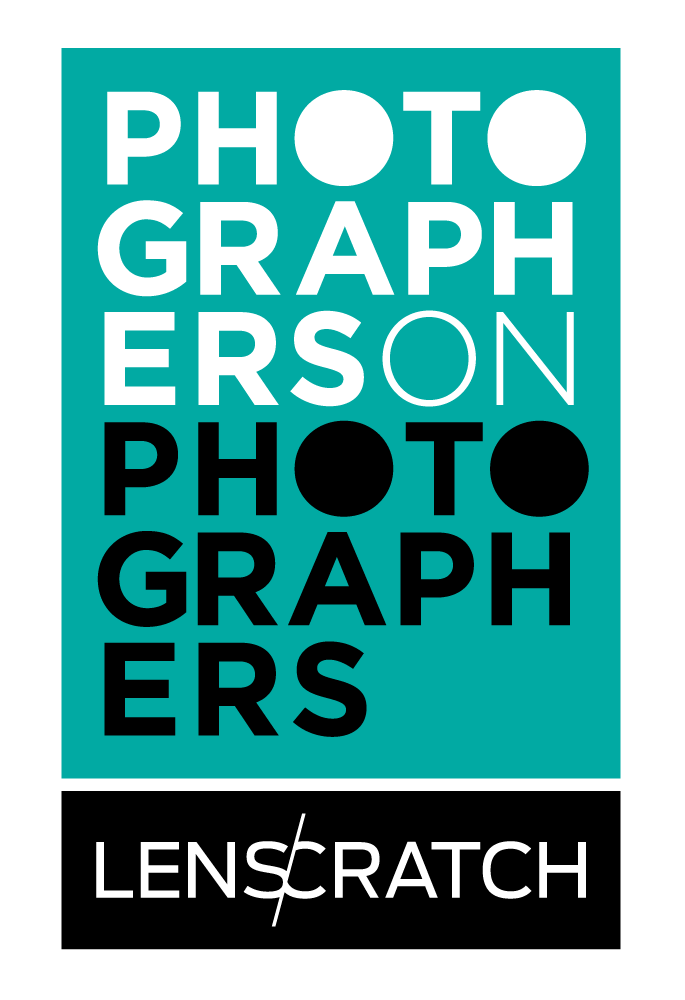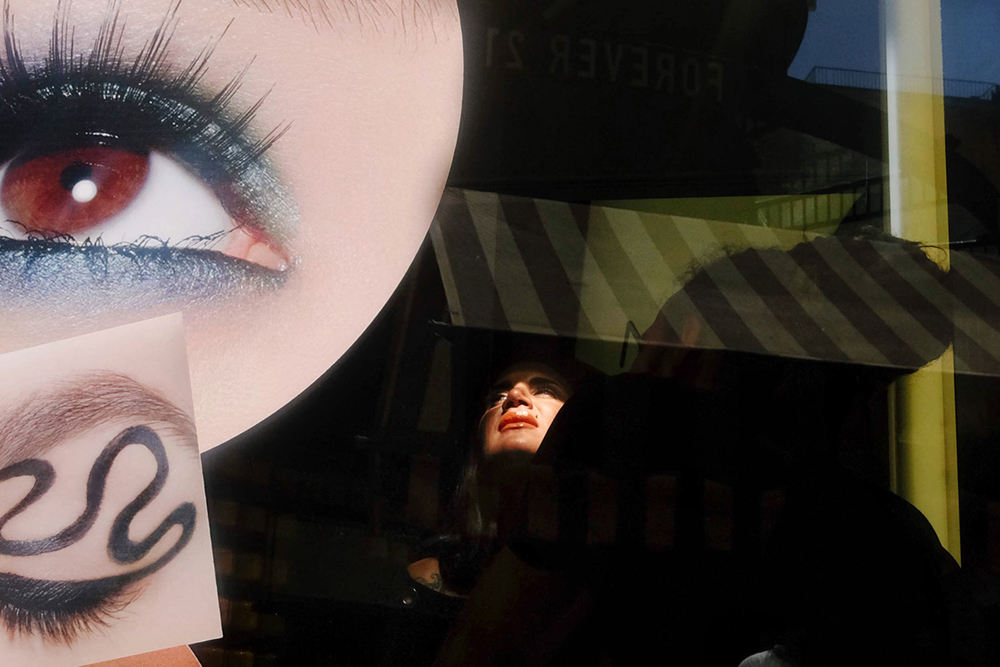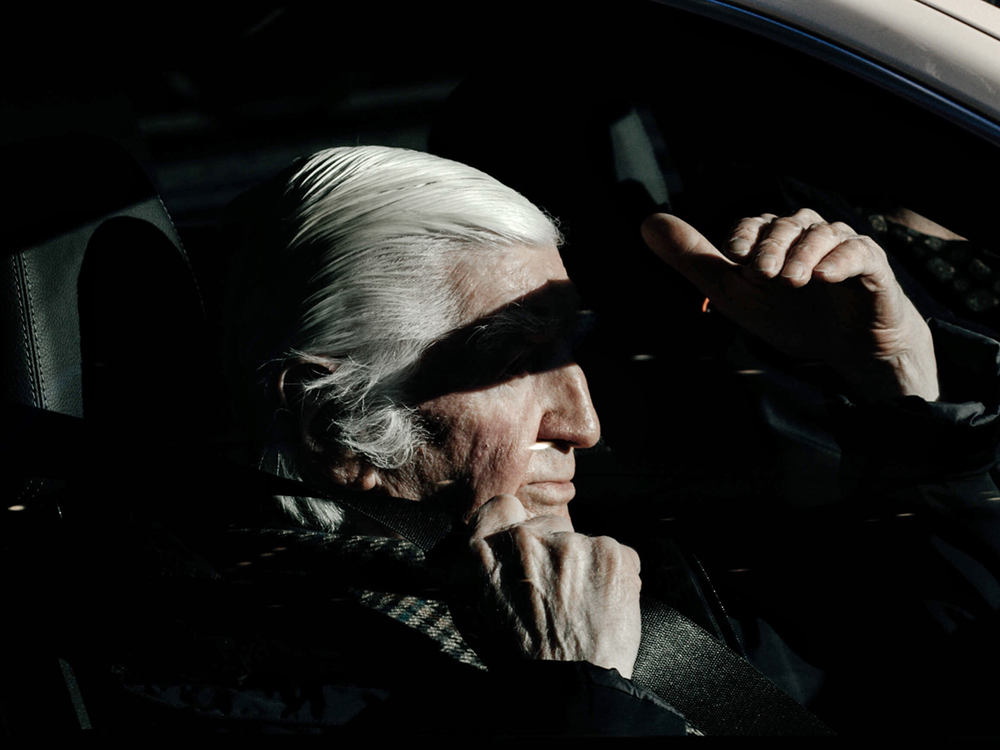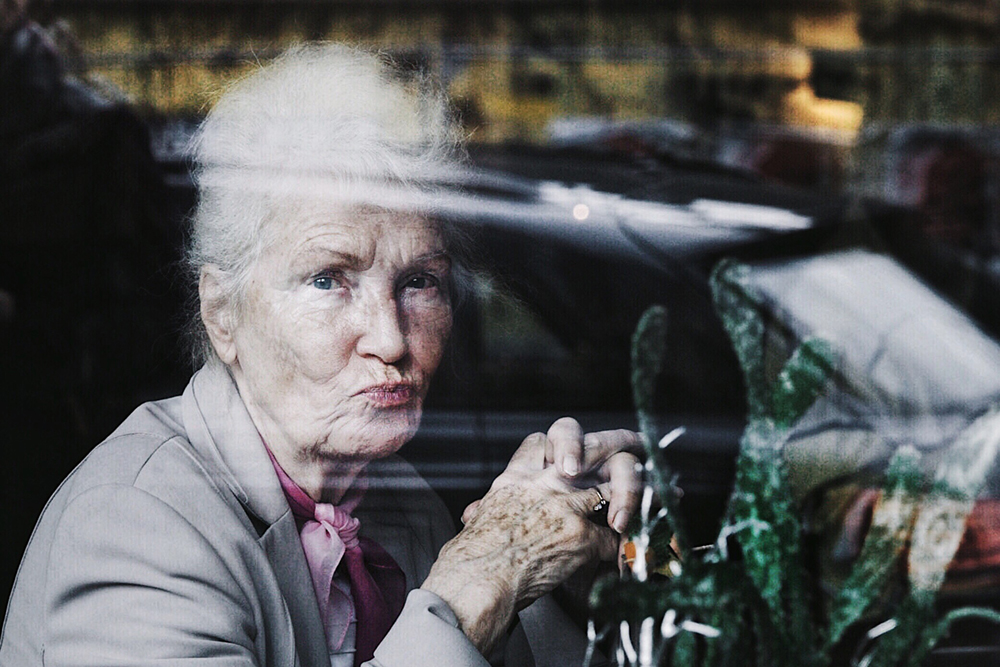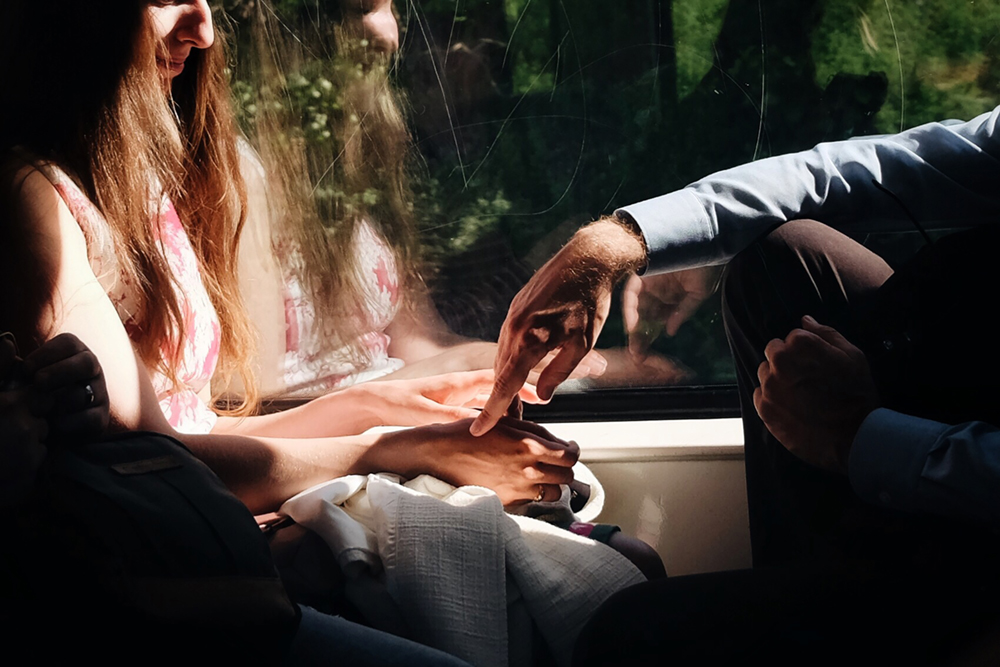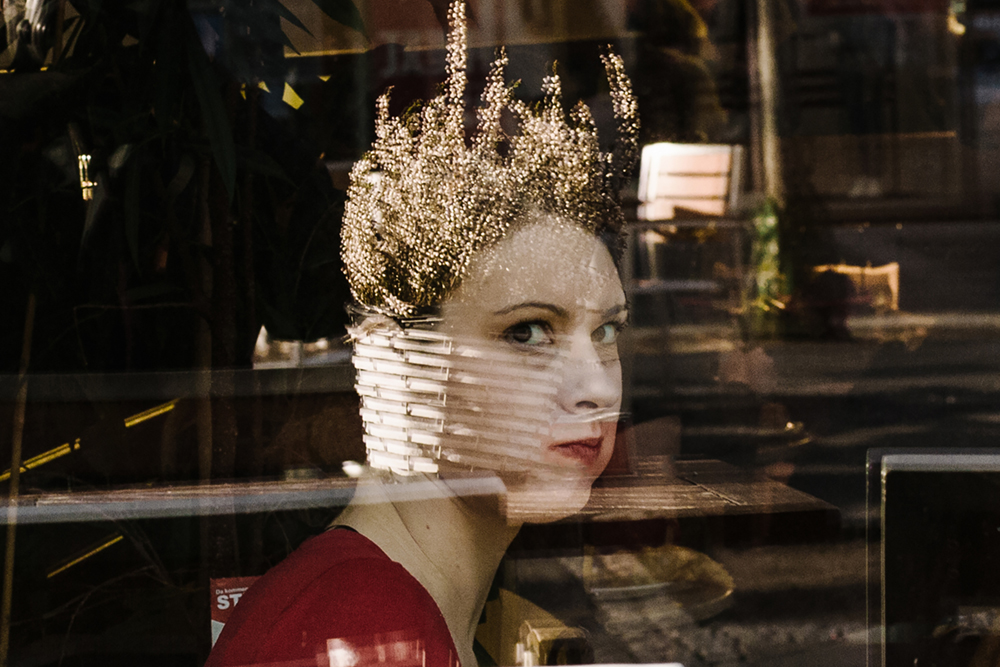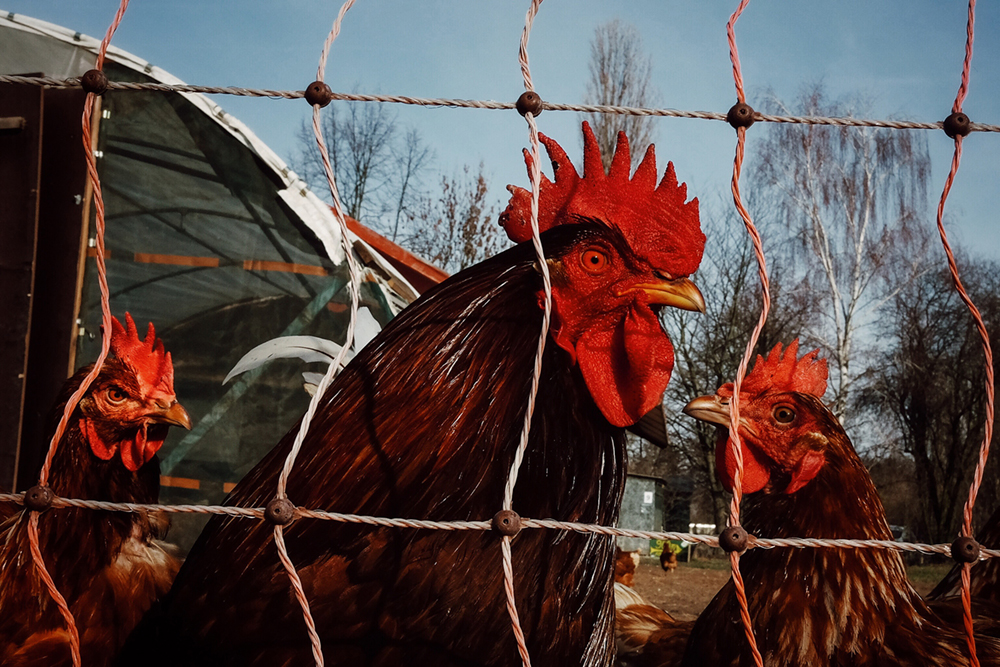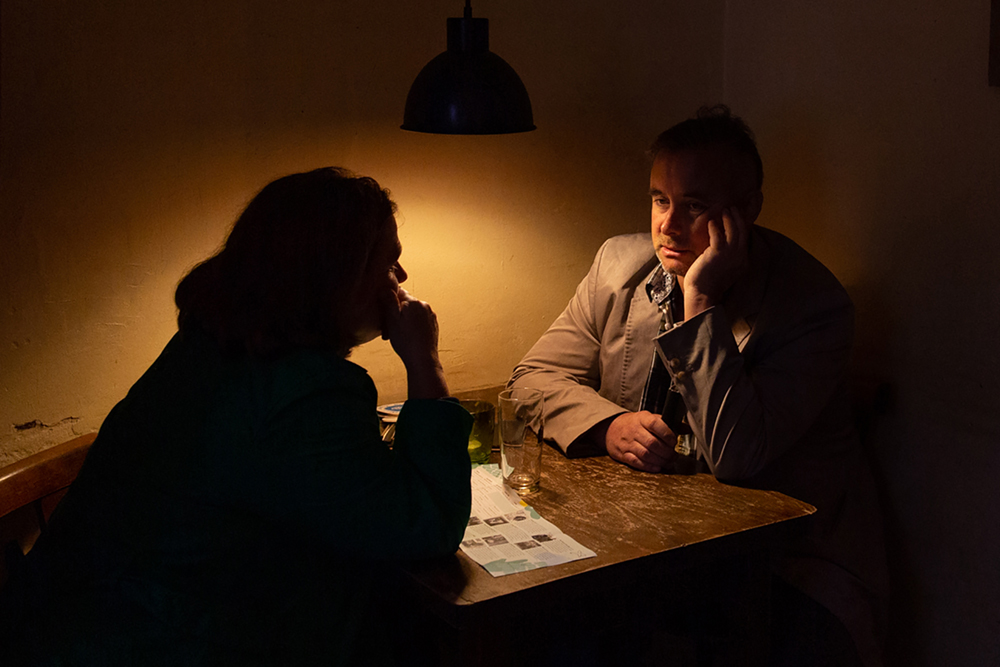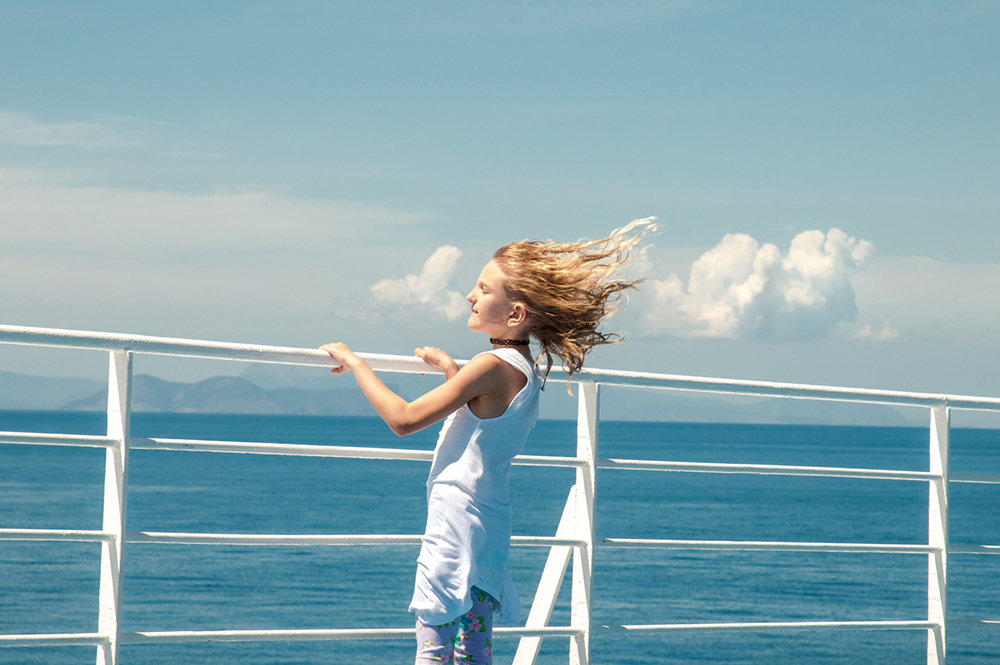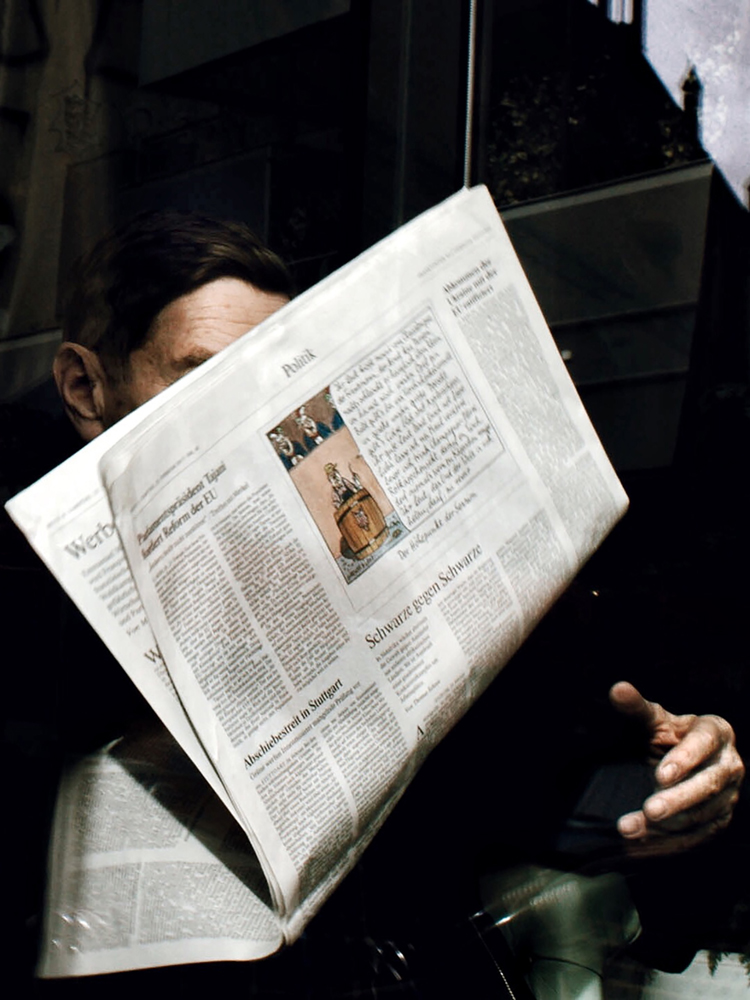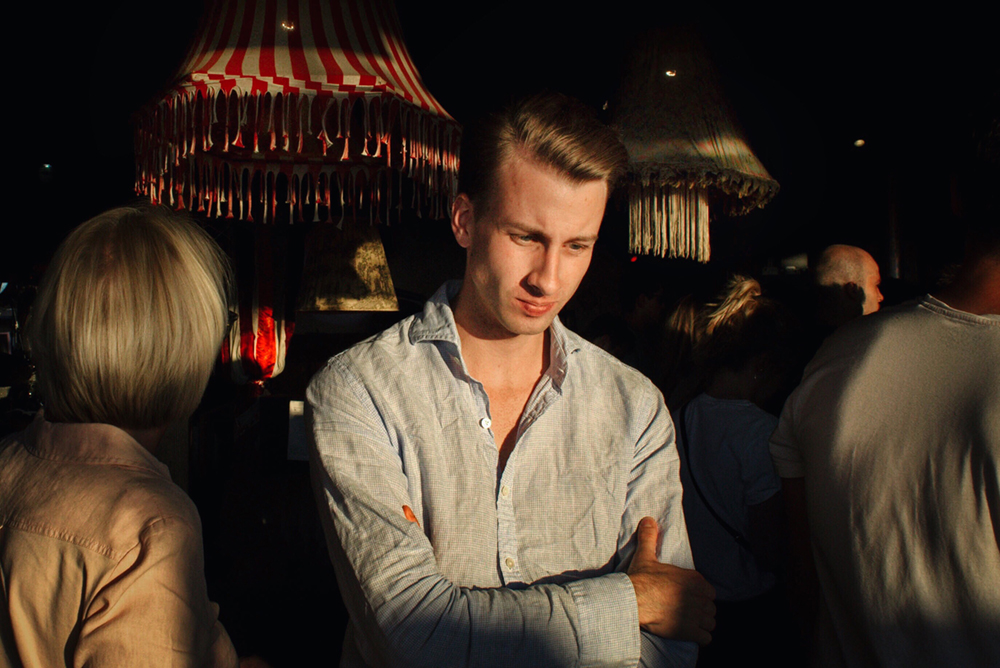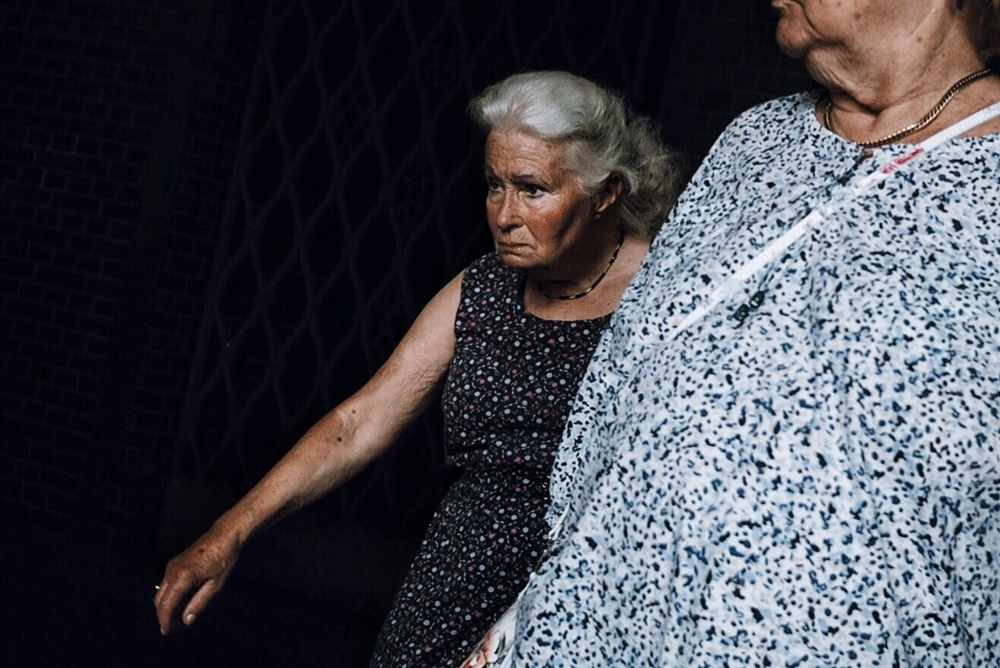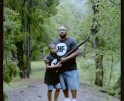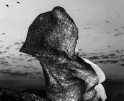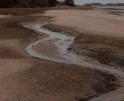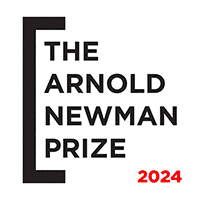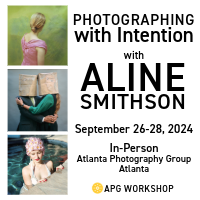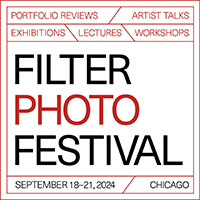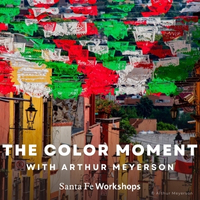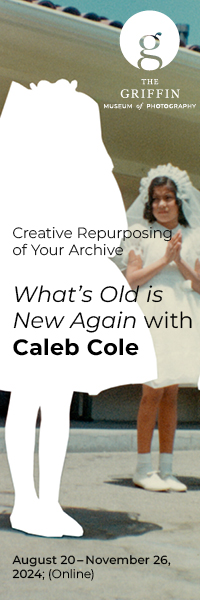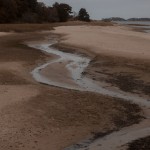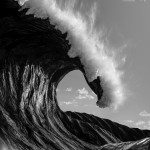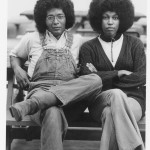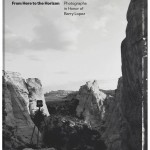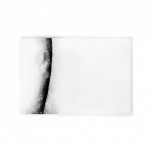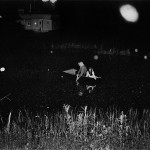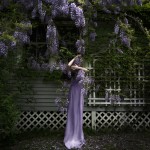Photographers on Photographers: Alexandros Lambrovassilis and Efi Longinou
This month, we feature our annual August project, Photographers on Photographers, where visual artists interview colleagues they admire. Thank you to all who have participated for their time, energies and for efforts. Today we are happy to share this interview with Alexandros Lambrovassilis‘s interview with Efi Longinou – Aline Smithson and Brennan Booker
I have always had great appreciation and respect for people who get out of their comfort zone, taking risks and challenging themselves, following their heart and chasing their dreams. Such attitude in life, I find very inspiring and refreshing for the mind and the soul.
Back in 2001, while I was working for Greek publications in Athens, I photographed Efi Longinou for an interview about her work in theater at the time. Almost two decades have passed since then, and in the meantime, I moved to New York, she moved to Berlin, but we stayed in touch through social media. This is where I first saw her work in photography. Her images caught my attention, there were portraits of people in the streets of Berlin, that gave me a sense of place and a strange familiarity with the vibe of this city, which I have never visited.
I was very curious to know more about her new life in the heart of Europe, and about her intentions with photography. A few months ago we got the chance to talk, and we talked for a couple of hours, catching up and updating each other -for all those years we hadn’t met- about our new lives in new places. In this feature I would like to share with you parts of our discussion and introduce you to her work, so here it is.
Efi Longinou was born in Sweden. She studied acting in Athens at the School of Contemporary Theater of Athens. She worked as an actress for theater, television and movies in Greece. She moved to Berlin in 2014 and started to work also as a photographer. She is now living and working in Berlin. She is a member of InterCollective. Her work has been exhibited in Athens, New York, Rome, Sofia and Hamburg.
Alexandros Lambrovassilis is a musician and photographer. He studied percussion at the Athens Conservatory of Music and Jazz Ensemble at the Athenaeum Conservatory in Greece. Since 2006 he lives and works in New York, where he studied photography at the ICP. Alexandros’ work evolves around portraiture, architecture and the landscape. His project Ellinikon is in the art collection of the Smithsonian National Air and Space Museum.
Alexandros Lambrovassilis: Efi, in your statement on your website, you mention that: “Acting and photography share mutual roots: curiosity and observation”. In what way is photography enriching those modes of engagement with the world for you?
Efi Longinou: Curiosity and observation are part of my journey in life. In acting I always need to go deeper, to explore, to know more about human nature, aiming to embody a role. In ancient Greek, the word actor is ὑποκριτής (hupokritḗs) and that means “one who answers”.
In photography instead, I am asking questions: Who am I? Where am I? Do you see what I see? If you do not, what do you see? These questions are not only directed at the viewers but also myself.
AL: You left your homeland, (Greece), and “planted” your self and your life into a new and different type of “ground” in Berlin. What was that inspired your decision to do so, and how is this working for you so far?
EL: In June 2014 I visited Berlin for a week. One sunny day, as I was walking in a park where there is a beautiful lake, I saw people reading books under the trees and a couple floating in a little boat grabbed my attention. That made me think how much I wanted to feel peaceful, loved, secure and to live in a country that respects its citizens. To see myself under different circumstances. To learn a new language, work in a foreign country and see what opportunities I have as an artist. Back then, I had already some thoughts of moving to Berlin, so in September I made the big step.
If you ask me today, I see an improved version of myself, giving every day my fights. There are also hard winters in Berlin, instead of people laying under the trees, people are also stressed to follow the rhythms of the big city. But I feel loved and respected. I found the ground to communicate and exchange ideas with other artists, I learned German, I work as a photographer and I continue to create the foundation to work as an actress here.
AL: Is photography helping you make sense of your new environment? In what ways?
EL: The first days in Berlin, I was waking up early in the morning, taking some hours of German classes. In the afternoon I enjoyed my free time. I was exploring the city carrying my camera always with me. I was taking photos constantly. Since I was only at the beginning with the German language, it was very difficult for me to communicate, but I felt the need to come closer to the new country and its people. Photography was helping me to achieve that. Especially through portraits of strangers I found my way to communicate with them. It gave me an understanding of how people are and how they react in their everyday life. It was especially difficult, because in Germany, culturally, the people are not open to being photographed. The life unfolds often inside coffee shops, stores, restaurants, and bars; not outside on the streets.
AL: In performing arts the element of improvisation in the narrative process is often integral. How do you adopt this into your photography?
EL: The word improvisation has its roots in the Latin word impromptu which means ready, at hand. It is something that takes part at that moment and it didn’t exist before. There is no written script for improvisation only a condition. For example, when two actors improvise, they don’t know the next line, they act and react to what is happening at this specific moment, being always alert and taking risks. In improvisation there is no planned response! You always have to be ready to react according to what you hear and see every time. You are highly receptive, each movement, each expression, each noise, everything is equally important. A random event (i.e. a vase is falling from the table) interrupts a dialogue and the actors can use it as an element to continue in a different path. Improvisation asks and trains someone to have a strong ability to sense the environment and to be alert, to act and react according to what is going on at the moment.
The same condition applies in street life : there is no script, nothing is staged. When I go outside with the camera I am always alert. I am there, observing and ready to shoot. I have a feeling, what I want to photograph. I can see what is coming from far away, I can sense what I want to capture at that moment. Acting gave me the experience to use all of my senses, to feel what is interesting for me. It helps me to be impromptu as a photographer. There are many uncertainties involved because I don’t know how the light will work, what the subject will do, or if the setting around the subject will fit in the narrative. You can’t stage anything as a street photographer and you can’t predict anything.
Improvisation is different every time. In street photography it is alike, the street will never be the same the next second, minute or day. The scenery changes: people, light, etc..
AL: Going back to your website and the tags under which you present your work, (Looking, Not Looking, Looking Through, and Together), what motivated you to work on this structure of presentation?
EL: First of all, let me say that I don’t give titles to my photos. Because I don’t like to direct my fantasy and the interpretation the others have for my photos. After working the last five years I gathered several photos that I liked and I decided to create a website. Most of all for my use, because I wanted to do a review of my work. Because I felt that like this I would help myself to find out how to continue.
The tags came out from what I first saw when I was collecting the photos together. In one group of photos, the subjects were looking at me and there was eye contact between them and me. In the other category, they were not looking at me. In the group looking through I gathered photos were my subject and me we are – in some way – separated by something. That could be a window, a fence or being lost in thoughts. The last category “together” I realized that togetherness can also mean being alone.
After so many years of trying to find the subtexts of everything and the meaning, I understood, that the obvious is sometimes, something that we tend to pass on. It is like Tarkovsky said: „If you look for a meaning, you’ll miss everything that happens.“
AL: When you perform on the stage or the set, I understand that you should have a strong sense of timing and the space around you. How does this experience affect your photography in the streets?
EL: That is true, actors should have a strong sense of timing and the space around them. With the eye of a director or alone, they strictly choreograph themselves so they will be in harmony with everything and everyone on stage. They know how to find the light, where is the camera (when they are on the set) and where is the audience (when they play in the theatre). Terms like space, rhythm, tempo, and timing, are very important for the art of acting.
When I photograph in the streets I make use of the available light, which is tempting every time, especially if you live in a city like Berlin, where the light is changing extremely often. Ι understand with relative ease, when the light is beautiful and in harmony with the surroundings. In the streets, you don’t have the absolute control of what your subject is doing, of the light you are working with and the setting. I usually understand what I would love to have as a result, when I try to capture a moment. Only sometimes I succeed. The difficulty and the challenge make it very interesting though. So in simple words, you can’t force anything, you are there, you observe and you are ready to shoot. Life happens!
AL: What would be your preferred/ideal way of sharing your work and reaching out to the viewers, exhibiting printed photographs, publishing in the form of books, digital media? Why?
EL: During the last years a lot of people who take photos had the luck to use digital media to show their work. I am one of them. A child of the digital age if you will. Lately, though I started to print my photos because I felt that I can get a different understanding of my work. Our world is not only digital and with a printed photo in my hands I could also make deeper connections.
This year I had the luck to participate in some group exhibitions. And if you ask me, I would love my photos to travel more and be shown among the photos of other photographers. One day I would like to do a solo exhibition.
AL: Are you exploring other genres except for street photography?
EL: One of the things I like in photography is that it has so many genres to explore. Aside from street photography, I am working as a portrait photographer both outside under the natural light and in my studio. I am doing documentary event photography as well. Just recently I started with food photography and for the first time, I am exploring a genre that is not people related.
AL: Future plans? How would you see yourself evolve as a photographer?
EL: To explore more paths in photography. To continue to take more photos with my analog camera. I am on the lookout to find a project and focus on that for the next years.
Posts on Lenscratch may not be reproduced without the permission of the Lenscratch staff and the photographer.
Recommended
-
One Year Later: Christian K. LeeJuly 20th, 2024
-
One Year Later: Nykelle DeVivoJuly 19th, 2024
-
THE CENTER AWARDS: FISCAL SPONSORSHIP: CAROLINE GUTMANMay 28th, 2024
-
Earth Week: Hugh Kretschmer: Plastic “Waves”April 24th, 2024
-
Earth Week: Richard Lloyd Lewis: Abiogenesis, My Home, Our HomeApril 23rd, 2024

